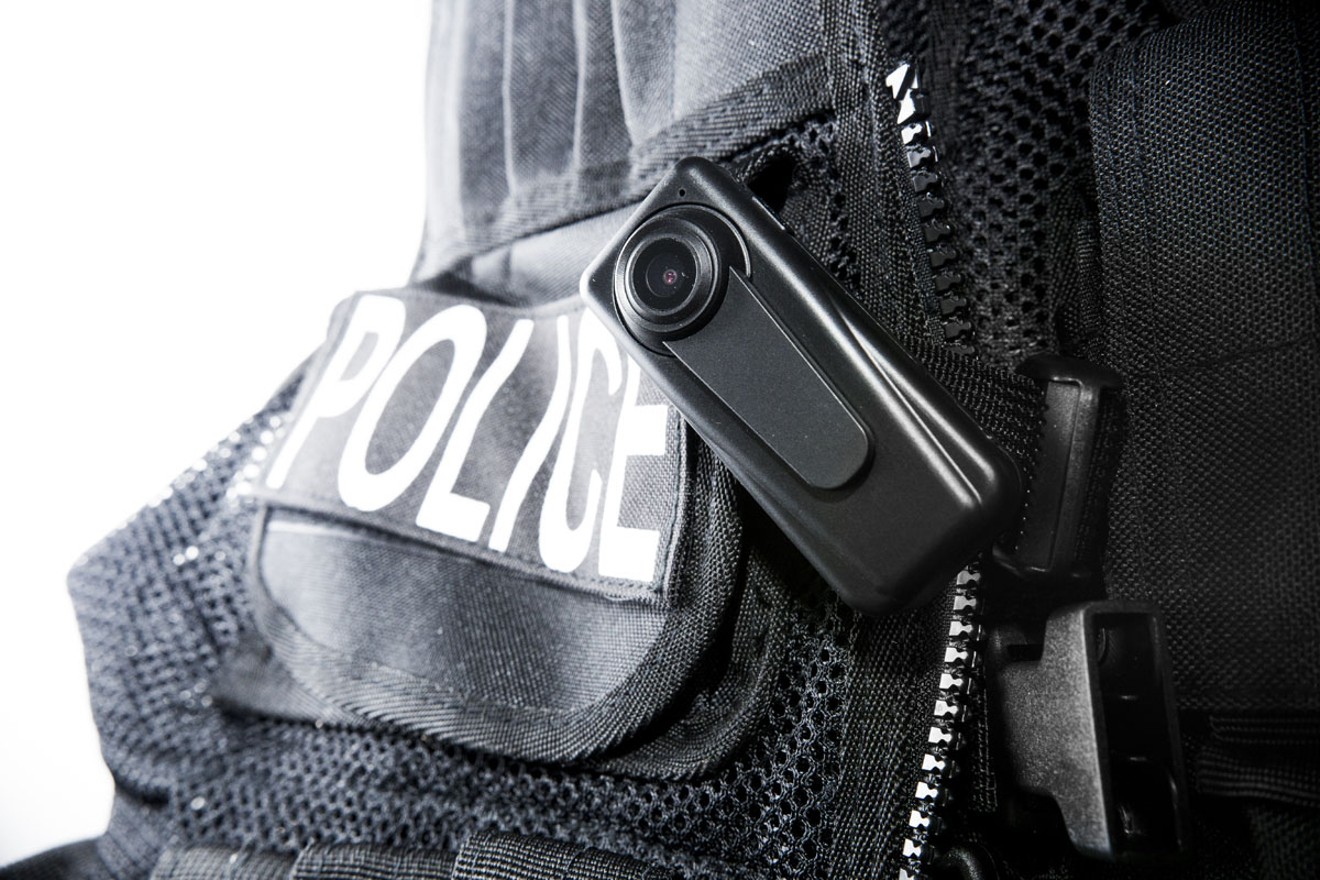Over the past few years, cellphone videos filmed by civilians have forced the rest of America to confront the harassment, violence, and abuse that people of color routinely face at the hands of the police.
In response, citizens have begun demanding that police officers wear body cameras. And law enforcement has pushed back, campaigning on behalf of legislation that would limit how that footage could be used.
SB 1253, sponsored by Republican Sonny Borelli and backed by several police organizations, is the latest example.
The bill would affect any officers who are being investigated for incidents involving the use of force.
It states that those officers have to be given a chance to review the body-camera footage from the incident before they make a statement about what happened — otherwise, their statement can’t be used to discipline them.
And before they review that footage, officers would be read a warning that tells them that video evidence may depict events differently from what they remember.
“This allows the officers to form excuses around the scenario instead of reporting back what they remember about their actions,” says Cassandra Barrett, a researcher at ASU’s Biological Design Institute. “It can build a bias about the memory.”
Barrett’s own research focuses primarily on cellular rather than cognitive memory. But unlike the average member of the Arizona Legislature, she has studied the scientific literature on memory distortion.
“There’s strong evidence that what we see heavily influences our memory of past events, whether what we’re seeing is true or not,” she says.
In one notable study, people were shown altered photos of a hot air balloon ride that they were told happened during their childhood. After seeing the photos, half the participants claimed to have memories of the hot air balloon ride — which never actually took place.
Scientific studies have also consistently demonstrated that people tend to alter memories in their own favor, she says. People have a natural tendency to remember events in a way that shows them in a positive light.
And even when those events are caught on video, there are often gaps. For instance, body-camera videos don’t always capture sound, which can make it difficult to gauge the tone of the incident. That’s where police officers can fill in the holes, conjuring up memories that make it seem like their use of force was justified.
Barrett points out that officers may not even realize they’re doing this.
“It’s not always that the officer has nefarious intent — these are really normal things that humans do, especially in high pressure and traumatic scenarios. It may happen subconsciously, and that’s still a problem.”
Despite community concerns, the bill has gathered support from the Fraternal Order of Police, Arizona Police Association, and Combined Law Enforcement Associations of Arizona.
At a hearing of the House Judiciary and Public Safety Committee last week, Cheyenne Walsh, a lobbyist representing the Fraternal Order of Police, argued that body camera video doesn’t always show the full picture.
Police officers should be warned about the limitations of that evidence, she said.
She gave the example of an officer putting their hand on a suspect’s shoulder. On camera, she said, it might look like the officer was hitting that person.
“It’s important for officers to understand that if this isn’t what you remember, that’s okay, don’t feel the need to explain it — and certainly don’t change your story to match what the video shows,” she said.
Walsh's testimony was countered by Redeem Robinson, a community activist from Phoenix.
Robinson said that passing a bill that would discredit body-camera footage was likely to harm the already fragile relationship between African-Americans and the police.
“What I’m seeing and reading from this bill, it’s looking like police officers can pretty much do or say anything after viewing their own tape,” he said. “Our community — we already don’t trust the police right now. This bill right here is going to hurt that relationship even more.”
[
{
"name": "Air - MediumRectangle - Inline Content - Mobile Display Size",
"component": "18478561",
"insertPoint": "2",
"requiredCountToDisplay": "2"
},{
"name": "Editor Picks",
"component": "16759093",
"insertPoint": "4",
"requiredCountToDisplay": "1"
},{
"name": "Inline Links",
"component": "17980324",
"insertPoint": "8th",
"startingPoint": 8,
"requiredCountToDisplay": "7",
"maxInsertions": 25
},{
"name": "Air - MediumRectangle - Combo - Inline Content",
"component": "16759092",
"insertPoint": "8th",
"startingPoint": 8,
"requiredCountToDisplay": "7",
"maxInsertions": 25
},{
"name": "Inline Links",
"component": "17980324",
"insertPoint": "8th",
"startingPoint": 12,
"requiredCountToDisplay": "11",
"maxInsertions": 24
},{
"name": "Air - Leaderboard Tower - Combo - Inline Content",
"component": "16759094",
"insertPoint": "8th",
"startingPoint": 12,
"requiredCountToDisplay": "11",
"maxInsertions": 24
}
]












